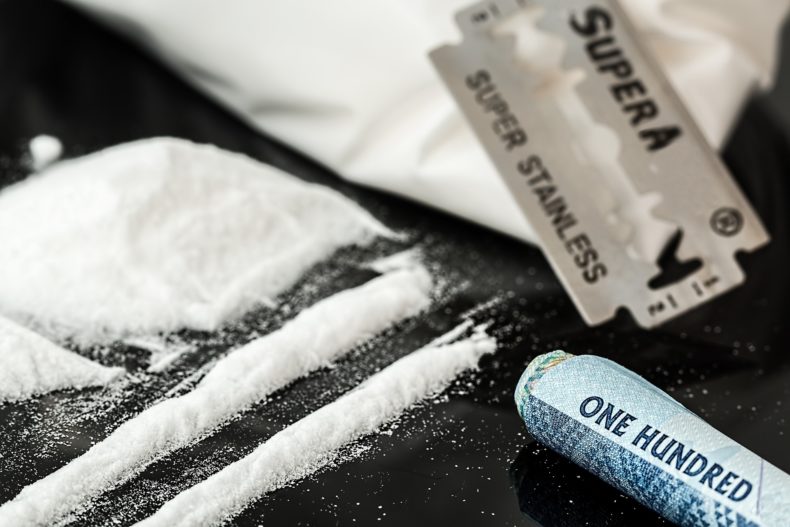The first drug treatment court (DTC) was established in Toronto in 1998. The idea was to bring together professional treatment services for those involved in the criminal justice system in order to effectively address offenders’ drug additions. Soon after a drug treatment court was developed in Vancouver, Edmonton, Winnipeg, Ottawa and Regina.
The objectives of the drug treatment court is to:
- reduce crime committed as a result of offenders’ drug addictions;
- provide community supports for the rehabilitation of non-violent offenders in order to break the cycle of drug use and criminal recidivism;
- find alternatives to jail for non-violent offenders; and,
- increase public awareness about drug treatment.
The Winnipeg Drug Treatment Court is funded by the federal government as part of a national anti-drug strategy action plan. It is part of Manitoba’s Problem Solving Courts, which include the Winnipeg Mental Health Court and the Thompson Domestic Violence Court.
The Process to enter into the Winnipeg Drug Treatment Court
Application – First the offender must submit an application to the Winnipeg Drug Treatment Court.
Screening by the Crown Attorney – Once submitted a Crown Attorney will review the application based on the eligibility criteria. The review will include looking at the applicant’s prior criminal record, their current charges, and addictions history. The offender must have a drug dependency and their criminal offending must have been motivated by their drug addiction. The Crown Attorney will often consult with the Winnipeg Police Service or RCMP for further background review.
Admission into Drug Treatment Court – If found to be eligible, the offender is then interviewed by the drug treatment court service team. The judge will review the case. If accepted, the offender is then required to enter a guilty plea to the charge(s).
Participation in Drug Treatment Court – The offender is required to regularly attend court, community support meetings, weekly group and individual therapy sessions, and Narcotics Anonymous. The offender is subject to random urine drug testing. There are five phases to the Winnipeg Drug Treatment Court program: orientation, stabilization, intensive treatment, maintenance, and graduation. Participants who fail to participate or comply with the rules of the drug treatment court can be expelled from the program. If the offender is expelled from the program, their charges will return to the regular court process.
Completion of Drug Treatment Court – It typically take between 12 and 18 months for a participant to successfully complete the Winnipeg Drug Treatment Court program. Graduation criteria are based upon: length of treatment, abstinence, criminal offences and social stability. Upon graduation, the offender is sentenced for their charge(s). The sentence they receive is reduced to reflected their rehabilitation. An offender convicted of drug trafficking might normally receive a 12 to 24 month sentence. For offenders who complete the program, they are are placed on a period of supervised probation.
What is the success rate of the program?
Of the individuals who participate in the drug treatment court program, 35% graduate. The long term effectiveness of the program in reducing addiction and criminal recidivism is still under review, however the initial studies suggest the program is effective.

